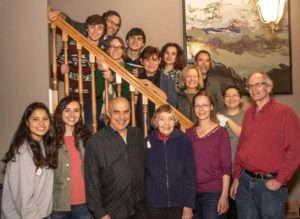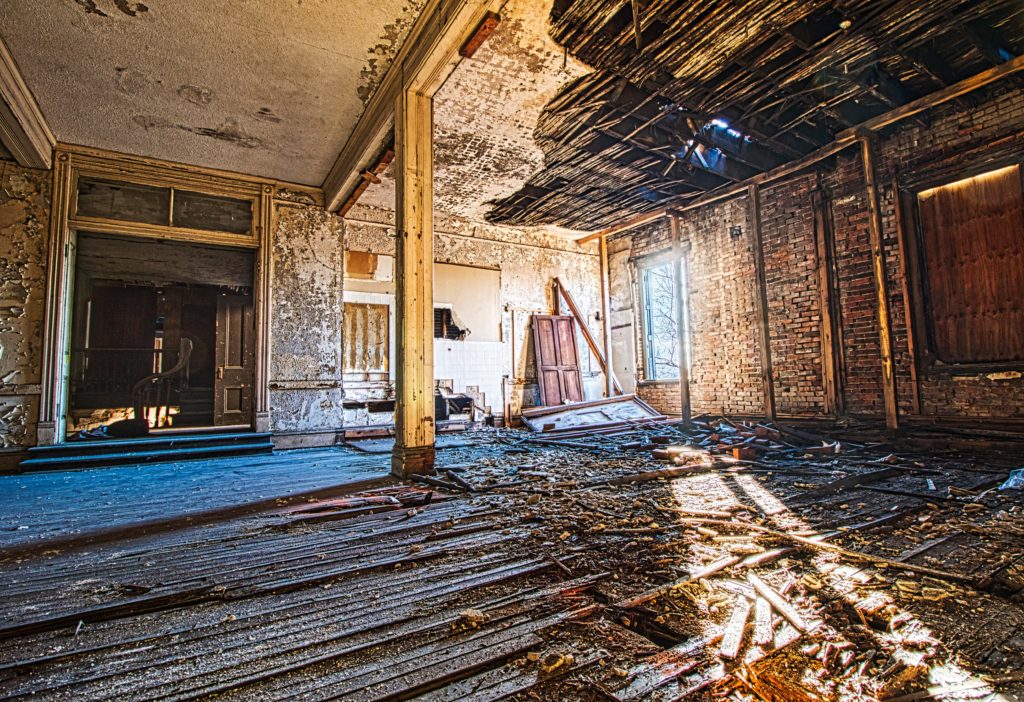On Fragility of Memory and on Picking Friends
From "The Reality of Illusory Memories," by Elizabeth Loftus, et al (1995).
The fragility of memory in real-life settings has been simulated in the interference studies of the last two decades. In these studies, subjects first witness a complex event such as a simulated violent crime or an automobile accident. Sometime later, half of the subjects receive misleading information about the event, while the other half do not. . . . With a little help from misinformation, subjects have recalled seeing stop signs when they were actually yield signs, hammers when they were actually screwdrivers, and curly-haired culprits when they actually had straight hair. Subjects have also recalled nonexistent items such as broken glass, tape recorders, and even something as large and conspicuous as a barn in a scene that contained no buildings at all.
These finding are critically important, both on a cultural scale and in our individual lives. This is why it is so important to choose friends who will challenge us and question not only our assumptions but also our perceptions, our FACTS. Our memories become sick and dysfunctional to the extent that we spend time with people who want to bask in the cozy warmth of agreeableness, who crave loyal tribal friendship more than truth. We need friends who (lovingly) challenge us when we most want them to agree with us.
Next time you crave someone to agree with you on politics, religion or your belief that someone has treated you unfairly, choose your audience wisely. Don't choose a friend who simply wants to make you feel happy and supported. Choose friends who will put you under the spotlight.






 If you're looking for something to do on Dec 7 and 8th, think about coming down to look at the many art galleries in beautiful St. Genevieve. It's really a special place, so much so that the city is in the process of being designated as a National Historic Park.
If you're looking for something to do on Dec 7 and 8th, think about coming down to look at the many art galleries in beautiful St. Genevieve. It's really a special place, so much so that the city is in the process of being designated as a National Historic Park.